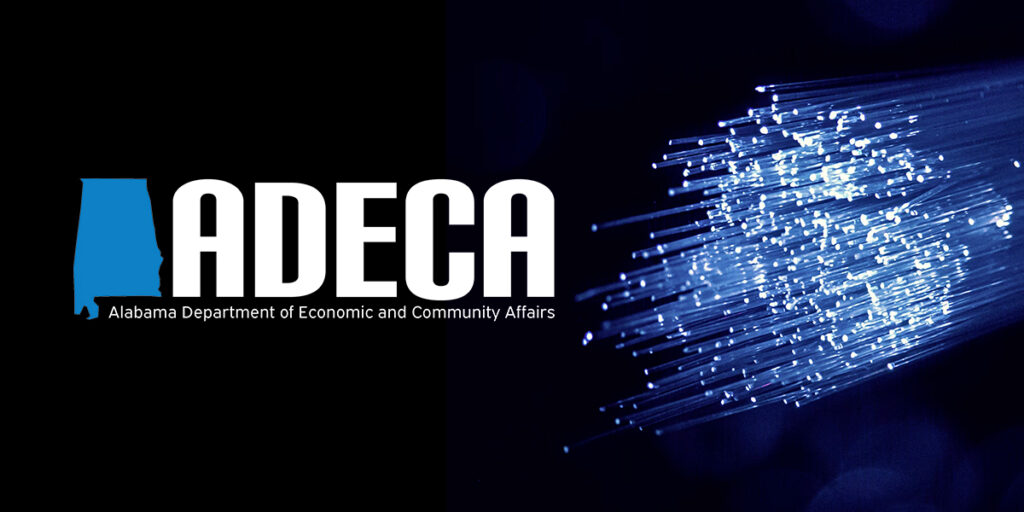A lot of attention has been focused this session on the Alabama Legislature’s efforts to cut taxes. Bills have been introduced to lower or eliminate a large portion of the state’s grocery tax. Also, there are bills to lower the state’s top income tax rate and eliminate the lowest rate.
I had hopes that the 2023 session would become known as “The Tax-Cutting Session.” I hoped that tax-raising days were over. But some tax raisers just can’t seem to help themselves.
Two bills moving through the Alabama Legislature would add a new tier of taxes on Alabama consumers. House Bill 389 (HB389) and Senate Bill 328 (SB328) would also create yet another bureaucracy to duplicate existing emergency call services now handled by 9-1-1 and 9-8-8.
We all want to help prevent suicides and help emergency mental health services. But when the state has more money than ever, why is the answer a new tax?
The phone tax bills would add a new tax of from 98 cents to $3 a month to all phone bills. At the low figure, the tax increase would amount to about $12 a year for each line and each cell number.
At this point, the proposed income tax rebate had been dropped to just $105 one time, and it will be subject to federal income tax. Add this phone tax increase, and it’s getting to the point where the rebate won’t be enough to buy a sack full of Jack’s hamburgers.
While the $3 a month phone tax rate in the original bill has been amended out, there’s nothing to stop it from being put back into the bill – with merely a voice vote or a stroke of the pen.
Furthermore, we’re already taxed heavily for emergency call services.
For 9-1-1, Alabama residents are already charged $1.86 per line per month for a total annual revenue of nearly $130 million. The proposed new phone taxes would add an additional $69 million on top of the 9-1-1 tax.
The 98 cents a month new phone tax would be one of the highest in the country, and the $3 tax would make us No. 1 in the nation.
Friends, we don’t want to be No. 1 on that phone tax list.
The bill would also create the “988 Commission” to oversee the project. It would consist of 11 politically appointed officials. There’s a lot that can be done to help with mental health issues without new taxes and a new bureaucracy.
For starters, there is no proposal for better training of current dispatchers in fielding mental health calls and suicide threats. Nor is there a program to better and more quickly connect callers to emergency mental health services.
Why have two mediocre emergency call services? Just make the one we already have work better.
As a state government, we have more money than we’ve ever had. When there is money available to augment mental health services, a new tax is a bad idea and merely feeds the tax-and-spend habit Montgomery has had.
We’re taxed enough. We’ve got enough money. Do the right thing.
Fund the mental health and suicide prevention programs through existing dollars.
Jim Zeigler is the State Auditor of Alabama and a former Public Service Commissioner.











